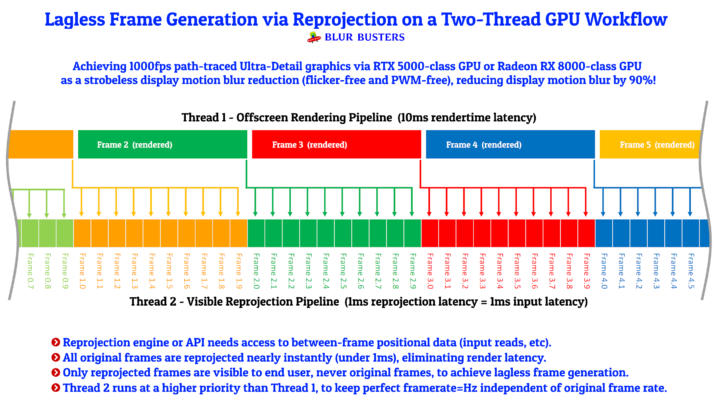I know a lot will disagree with me but I just can't help but see upscaling and frame generation technologies as an excuse for both sides to get lazy on actual advancement. Why keep pushing the hardware when you can create software to "improve performance" instead?
Part of the reason they have had to resort to this is because moore's law is dead is actually somewhat true, without these software "tricks", you wouldn't be getting much, if any more performance than if they were to just focus on hardware. That and as stated, one of the biggest reasons to look to software methods now is because it's a far more efficient process in a number of ways rather than always just trying to brute force max settings @ true 4k RT/PT etc. Without such software tricks, real time ray/path tracing would still be a decade of probably, so it's making the impossible possible today.
And again, I'm not sure why people think making software is cheap/free and also an easy thing to do? It really isn't, as shown by the heap of **** optimised games throughout 2023 that magically become better after patches.....
It's not like nvidia and amd are just putting in less effort/money, they both increased their R&D budget massively for 2023:









